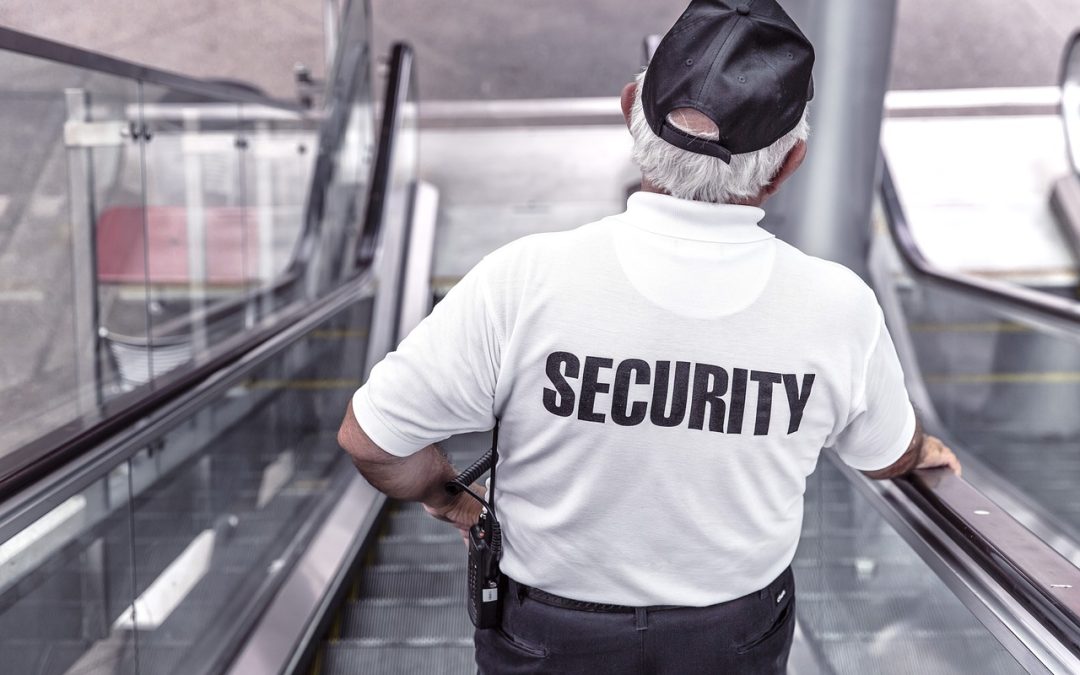As we navigate our daily lives, interactions with law enforcement are a reality many of us will face. While most police officers are dedicated public servants, it’s essential to remember that, as citizens, we have rights and responsibilities that play a critical role in ensuring accountability. In this post, we’ll delve into the vital function civil rights organizations play in promoting police accountability and provide practical guidance on how to navigate encounters with law enforcement.
Understanding Your Rights: The Foundation of Accountability
In the United States, the Fourth Amendment protects citizens from unreasonable searches and seizures. This means that, in general, law enforcement needs probable cause to stop and search you. However, there are exceptions, such as Terry stops, which allow officers to briefly investigate based on reasonable suspicion. It’s crucial to know that you have the right to remain silent and request an attorney, as enshrined in the Miranda v. Arizona ruling.
The Role of Civil Rights Organizations in Promoting Accountability
Civil rights organizations, such as the American Civil Liberties Union (ACLU) and the NAACP, play a vital role in monitoring police practices, advocating for policy reforms, and providing legal representation to individuals whose rights have been violated. These organizations also educate the public on how to interact with law enforcement, promoting transparency and accountability.
In addition, civil rights organizations often work with law enforcement agencies to develop policies that prioritize de-escalation, cultural sensitivity, and accountability. By fostering collaboration and open communication, we can work towards a system where police officers are better equipped to serve and protect their communities.
Practical Tips for Interacting with Law Enforcement
While knowing your rights is essential, it’s equally crucial to approach interactions with law enforcement in a calm and respectful manner. Here are some do’s and don’ts to keep in mind:
- Stay calm and composed. Avoid confrontational language or tone.
- Be respectful and courteous. Avoid physical contact.
- Keep your hands visible and avoid sudden movements.
- Don’t resist arrest, even if you believe it’s unlawful.
- If you’re stopped, ask the officer if you’re free to leave.
- Don’t feel pressured to answer questions or consent to searches without a warrant.
“The Fourth Amendment was designed to stand between us and the lawless use of police power. It was intended to secure our freedom and dignity against the abuse of authority.” – Justice Earl Warren
In conclusion, civil rights organizations play a vital role in promoting police accountability and educating the public on how to navigate interactions with law enforcement. By understanding our rights and responsibilities, we can work together to create a safer, more just society for all. Remember to stay informed about local laws and regulations, and don’t hesitate to reach out to civil rights organizations or legal aid groups if you need guidance or support.
The information at Observed.Org may not pertain to every jurisdiction. It is YOUR responsibility to know your rights and observe them. Nothing here should be considered legal advice.

